Pathways Improvement Scope
The K12 FC has a robust dual enrollment (DE) program, focused on students taking DE courses that satisfy the Intersegmental General Education Transfer Curriculum (IGETC). In collaboration with CCs, and with dozens of course offerings, K12 FC high schools serve over 500 students annually who are on track to either complete 20 or more college units upon completing high school or even attain an Associate Degree of Transfer (ADT). However, we have not found the same success in trying to offer CTE dual enrollment courses. The K12FC does offer 8 CTE DE or articulated courses, with approximately 220 students annually that receive dual credit. We attribute that to the following: CC does not offer an articulated or DE course in the pathway offered by the high school; the high school course curriculum must undergo significant changes to align to the expectations of the college curriculum; the CC CTE college course/major is impacted so no articulated or DE courses are offered.
As such, the K12 FC identified the following problems: 1) Inequitable college and career readiness outcomes, such as completing industry certifications and WBL activities for our Latinx and Perkins Special Populations; 2) Students lacking foundational and leadership skills, including how best students can learn through contextual instruction, leadership and personal development, applied learning, and real-world application; 3) Inconsistent collaboration with local community colleges that would increase CTE DE offerings/articulation agreements.
Goals & Priorities
The K12 Foothill Consortium will use the funds from the K12 Strong Workforce Program to further the objectives from the prior grant and accomplish the following:
-Ensure that a proportional student representation of Latinx and Perkins Special Populations (refer to Problem Statement for rationale and alignment to SWP and Labor Market data) will complete industry-recognized certifications and internships by providing site-based support who will track student progress, coordinate with counseling staff to ensure enrollment, and connect students with tutoring and mentors, and support with placement in internships with industry and business partners:
Funds will support certificated and classified extra hours, summer pay, and purchasing of certification exam software
Funds will support staff extra hours to review data and collaborate on strategies and next steps
-Refine the process by which student data (such as CTE pathway participants, CTE pathway completers, students earning industry-recognized certifications, students participating in paid and unpaid internships, and students participating in work-based learning activities) is gathered, analyzed, and utilized to inform next steps across all four school districts (our assigned K12 Pathway Coordinator will assist with this process):
Funds will support extra certificated and classified hours for collection and analysis of consortium data
-Target professional development: CTE teachers will learn strategies to support and expand work-based learning (WBL) opportunities and curriculum design for underserved and underrepresented student populations – Latinx and Perkins Special Populations, particularly English Learners (EL), Students with Disabilities (SWD), and Socioeconomically Disadvantaged (SED) qualifying for free & reduced meals, Homeless/Foster Youth, and Individuals Preparing for Non-Traditional Fields (for example, female population in Automotive Technology, Engineering, and Computer Science pathways):
Funds will support professional development, including contracted services with NAF attending conferences, including travel costs, registration fees, airfare, hotel, etc.
-Expand teacher externship opportunities:
Funds will support extra hours for teachers to participate in externships with our business/industry partners – after school, summer, spring/winter break
-Coordinate with local community colleges to expand CTE articulation and dual enrollment opportunities:
Funds will support collaboration hours for certificated staff to align high school courses to expected rigor of college-level courses eligible for articulation and support K12 FC schools in adding needed instructional supplies, hardware, and software to ensure alignment to college-level curriculum
-Coordinate with local community colleges to provide opportunities for college visits/field trips, including showcase events, and include K12 Foothill Consortium teachers and staff in community college CTE advisory meetings:
Funds will support any certificated extra hours needed to participate and also for transportation costs to visit community colleges
-Expand CTSO participation in all pathways so that students gain foundational and job-related skills such as contextual instruction, leadership and personal development, applied learning, and real-world application:
Funds will support staff extra hours, CTSO registration fees, CTSO Travel costs for regional, state and national events and competitions.
Partners
Azusa USD Duarte USD Monrovia USD
Industry Sector(s) Or Pathway(s)
Arts, Media, and Entertainment (AME) (CDE) Business and Finance (FIN) (CDE) Engineering and Architecture (ENG) (CDE) Health Science and Medical Technology (HLT) (CDE) Hospitality, Tourism, and Recreation (HOS) (CDE) Information and Communication Technologies (INF) (CDE) Manufacturing and Product Development (MAN) (CDE) Marketing, Sales, and Services (MAR) (CDE) Transportation (TRA) (CDE)
Additional CCD Partners
